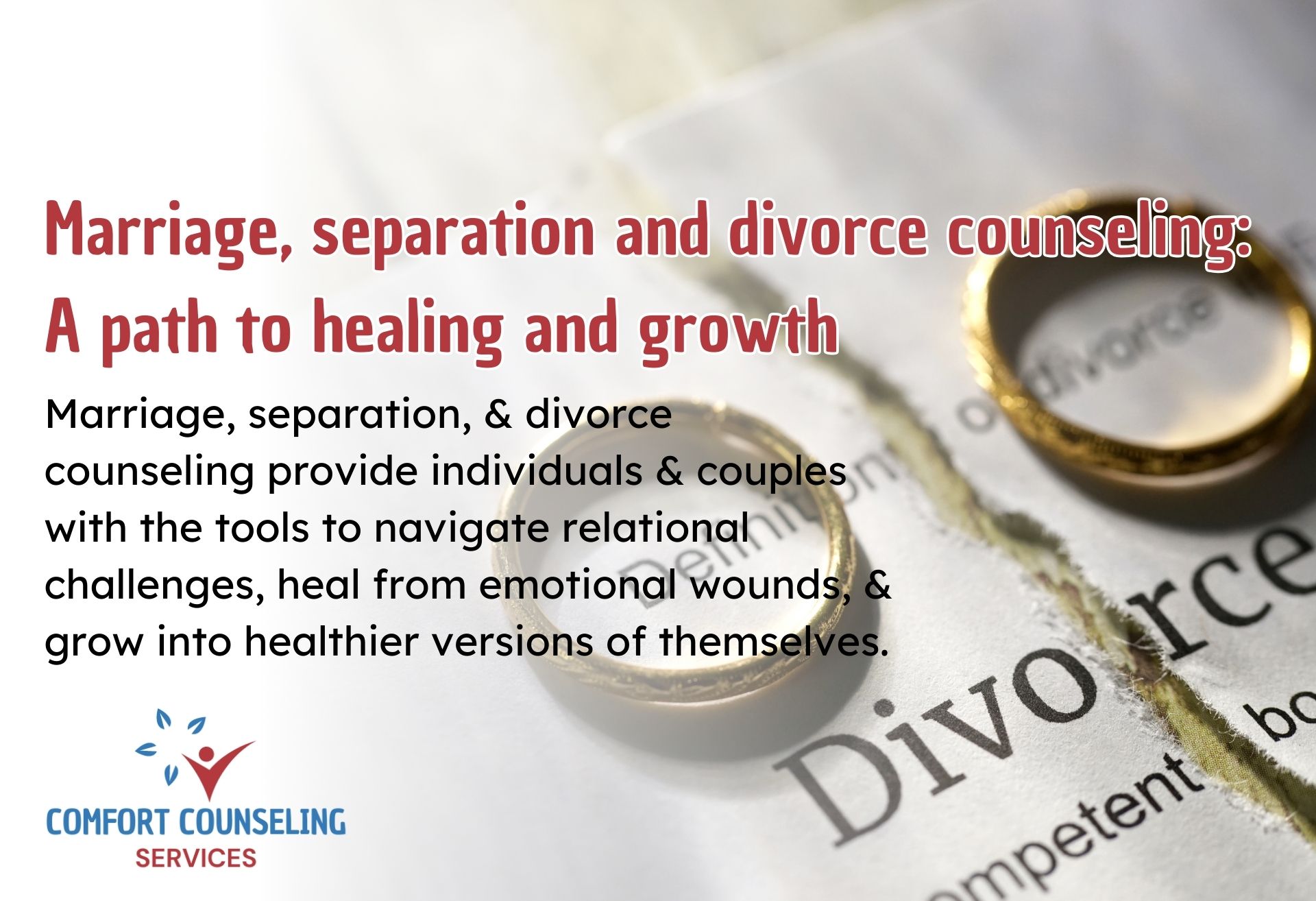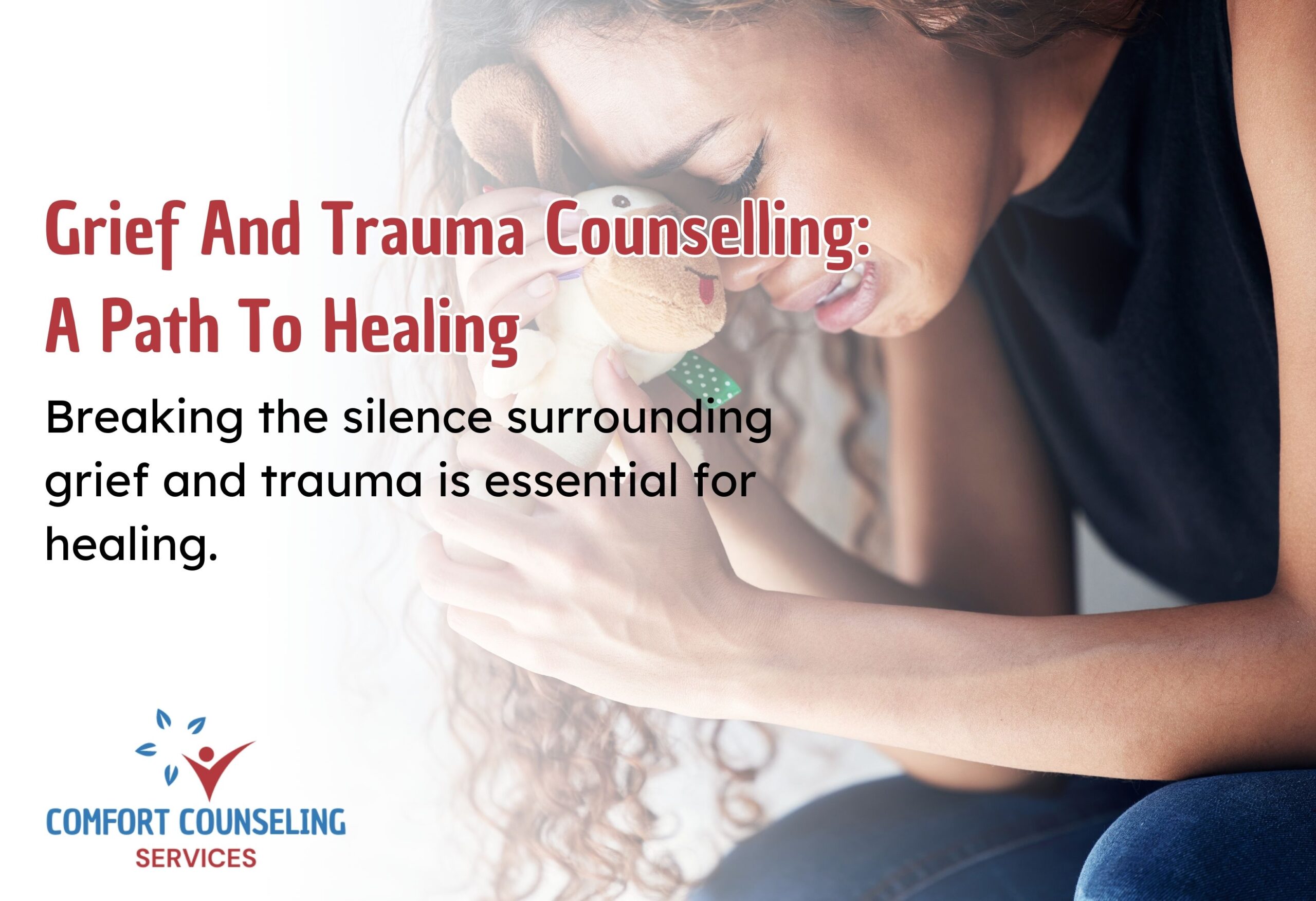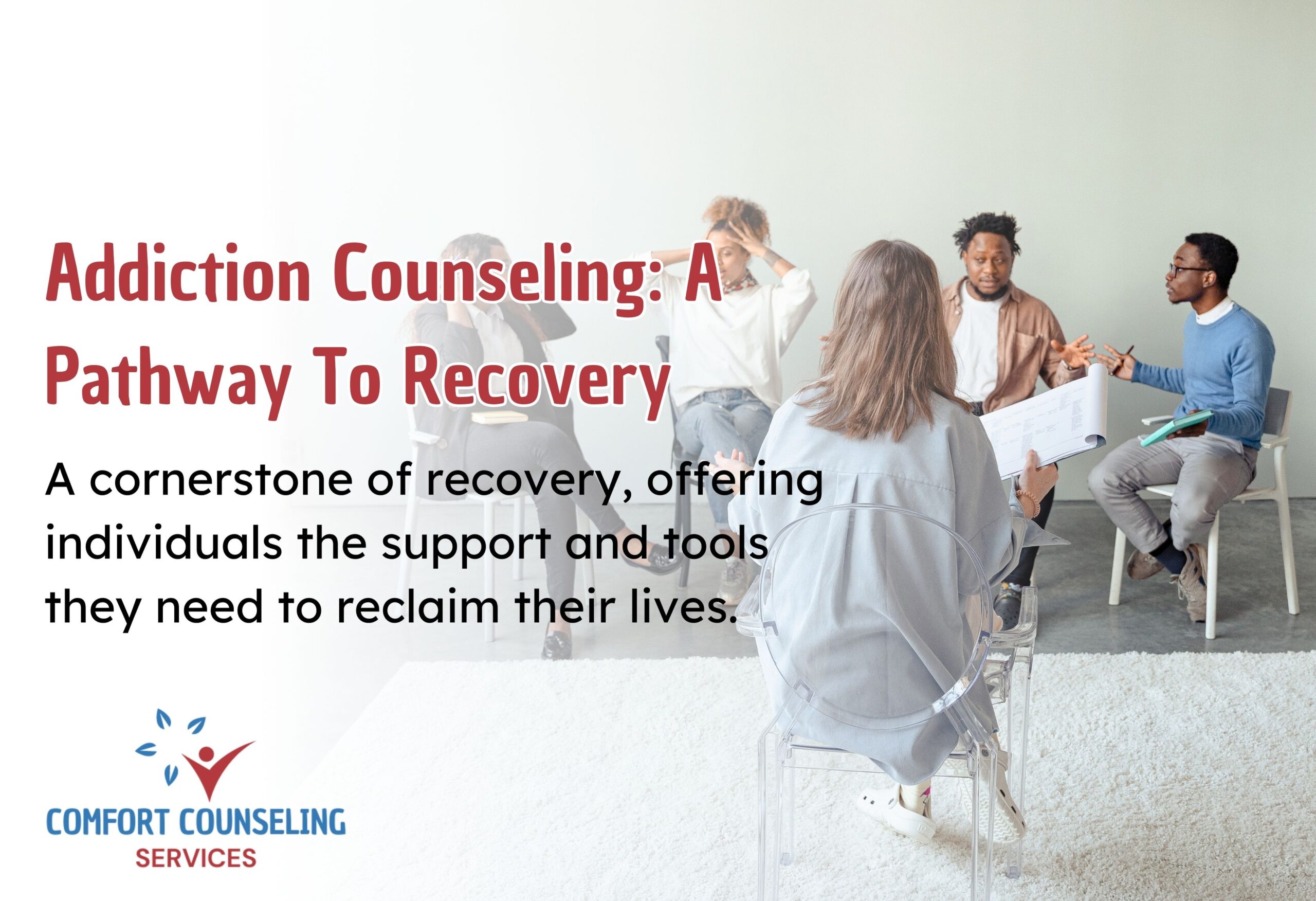Marriage is a journey that involves love, compromise, and understanding. However, even the strongest relationships face challenges that can lead to conflicts, misunderstandings, and emotional distance. Marital counseling provides couples with the tools and strategies to resolve conflicts, improve communication, and foster a healthier relationship. This blog delves into the importance of marital counseling, its benefits, and effective approaches, supported by in-text references.
The importance of marital counseling
Marital counseling, also known as couples therapy, is a form of psychotherapy that helps couples address and resolve issues in their relationship. It provides a neutral and supportive environment for partners to express their feelings and work towards common goals. Research shows that marital counseling improves relationship satisfaction and reduces the likelihood of divorce (Halford et al., 2020).
Common issues addressed in marital counseling
- Communication problems: Miscommunication or lack of communication can lead to misunderstandings and resentment (Markman et al., 2013).
- Infidelity: Rebuilding trust after betrayal is a common focus in counseling.
- Financial stress: Money-related conflicts are one of the leading causes of marital strain.
- Parenting challenges: Different parenting styles can cause disagreements.
- Emotional disconnect: Partners may feel neglected or unappreciated.
Benefits of marital counseling
- Enhanced communication skills: Counseling helps couples express their needs and feelings more effectively.
- Conflict resolution strategies: Therapists provide tools to resolve disagreements constructively.
- Strengthened emotional connection: Counseling fosters empathy and understanding.
- Improved intimacy: It helps address physical and emotional intimacy issues.
- Preventative care: Counseling can prevent minor issues from escalating into significant problems (Halford et al., 2020).
Evidence-based approaches in marital counseling
- Emotionally Focused Therapy (EFT): Focuses on identifying and addressing negative interaction patterns (Johnson et al., 2015).
- Gottman method: Emphasizes building friendship, managing conflict, and creating shared meaning (Gottman & Silver, 2015).
- Cognitive-Behavioral Therapy (CBT): Addresses negative thought patterns and behaviors (Epstein & Baucom, 2002).
- Imago relationship therapy: Encourages partners to understand each other’s childhood wounds and emotional triggers (Hendrix, 2001).
Steps involved in marital counseling
- Assessment: The therapist gathers information about the couple’s history, concerns, and goals.
- Goal setting: Partners collaborate to establish shared objectives for counseling.
- Skill development: Couples learn communication, empathy, and conflict resolution techniques.
- Implementation: Partners apply these skills in real-life situations.
- Review and closure: Progress is reviewed, and a plan for maintaining improvements is established.
Breaking the stigma around marital counseling
Many couples hesitate to seek marital counseling due to social stigma or fear of judgment. However, seeking help is a sign of strength and commitment to the relationship. Studies reveal that early intervention significantly improves outcomes in marital therapy (Markman et al., 2013).
When to seek marital counseling
- Frequent arguments or unresolved conflicts.
- Emotional or physical intimacy issues.
- A sense of drifting apart or feeling disconnected.
- Major life transitions, such as becoming parents or relocating.
- Considering separation or divorce but wanting to explore alternatives.Conclusion
Marital counseling is a valuable resource for couples looking to strengthen their bond, resolve conflicts, and navigate challenges. By fostering open communication, understanding, and mutual respect, marital counseling helps partners create a more fulfilling and lasting relationship.
References
- Epstein, N. B., & Baucom, D. H. (2002). Enhanced Cognitive-Behavioral Therapy for Couples: A Contextual Approach. American Psychological Association.
- Gottman, J., & Silver, N. (2015). The Seven Principles for Making Marriage Work. Harmony Books.
- Halford, W. K., Markman, H. J., & Stanley, S. M. (2020). Couples and Marital Therapy: Theory and Practice. Guilford Press.
- Hendrix, H. (2001). Getting the Love You Want: A Guide for Couples. St. Martin’s Press.
- Johnson, S. M., et al. (2015). Emotionally Focused Couple Therapy for Dummies. Wiley.
Markman, H. J., et al. (2013). Fighting for Your Marriage. Jossey-Bass.



